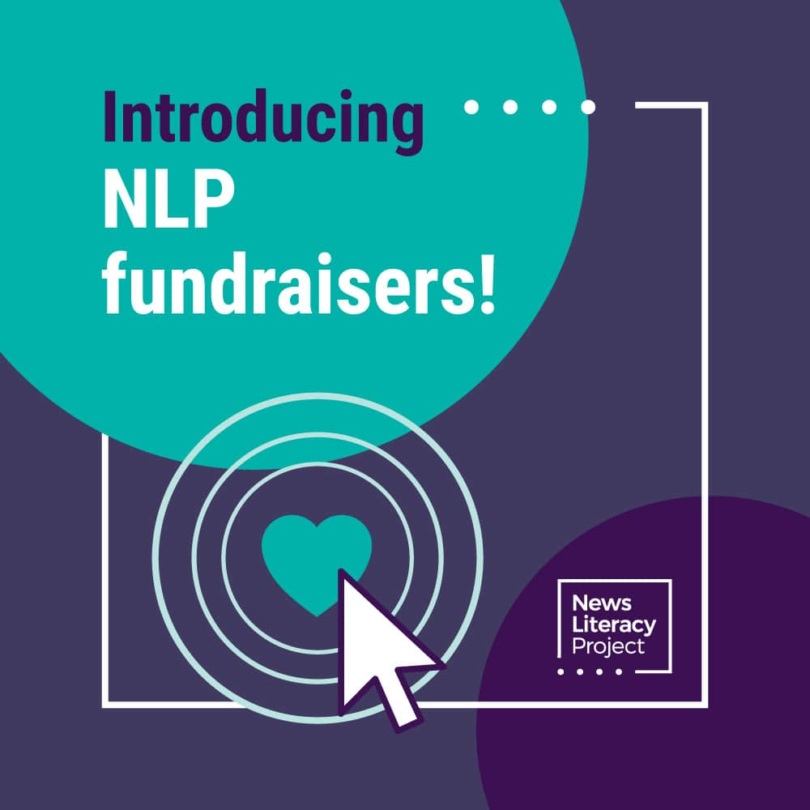NLP’s John Silva speaks with the AP about how to avoid spreading misinformation around Russia’s invasion of Ukraine
This week, Russia invaded Ukraine, and with it came a blizzard of mis- and disinformation across social media platforms. John Silva, NLP’s senior director of professional learning, spoke with The Associated Press about propaganda and fake videos circulating on social media as Russia invaded Ukraine.
A video captured by The AP in Libya more than a decade ago was shared widely, for example, with users incorrectly stating that it showed a Russian fighter jet plummeting to the ground after being shot down by Ukrainian forces. Other social media users shared misleading video of soldiers supposedly parachuting into Ukraine, after a Russian account posted the years-old footage as the invasion was underway.
“People who see these videos, photos and claims online are likely to watch them, share them and move on with their day,” Silva said. “We see a paratrooper, he’s speaking Russian, and so we don’t take the time to question it. If we see a piece of information that’s new to us, we have this compulsion to share it with others.”
To read the full piece, click here.
